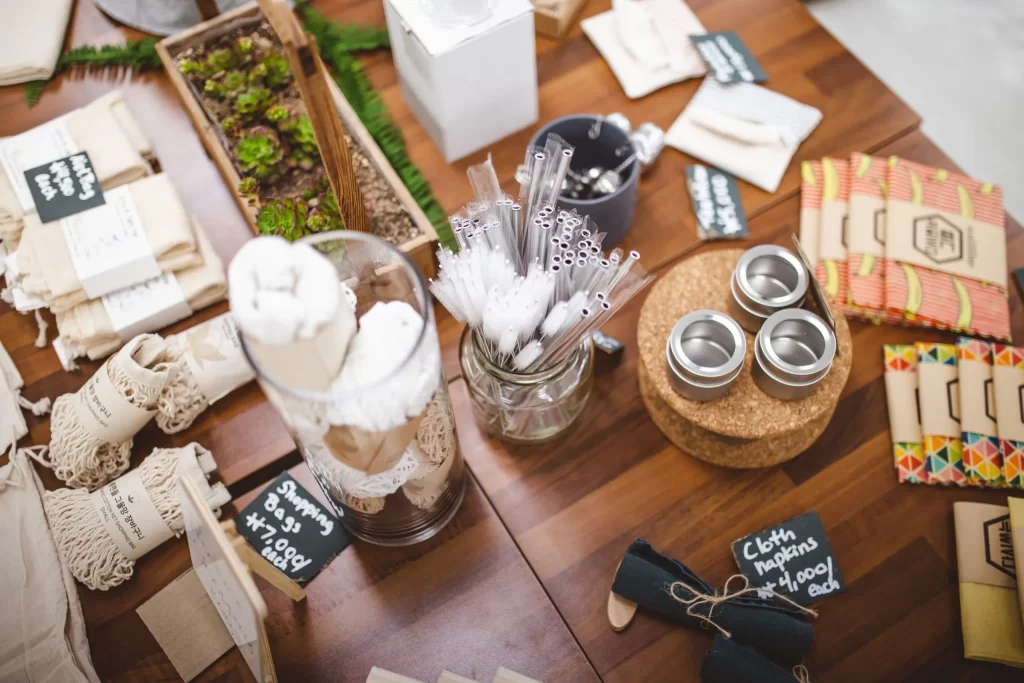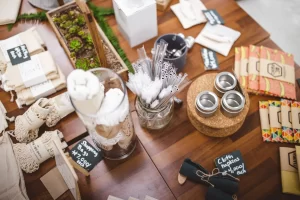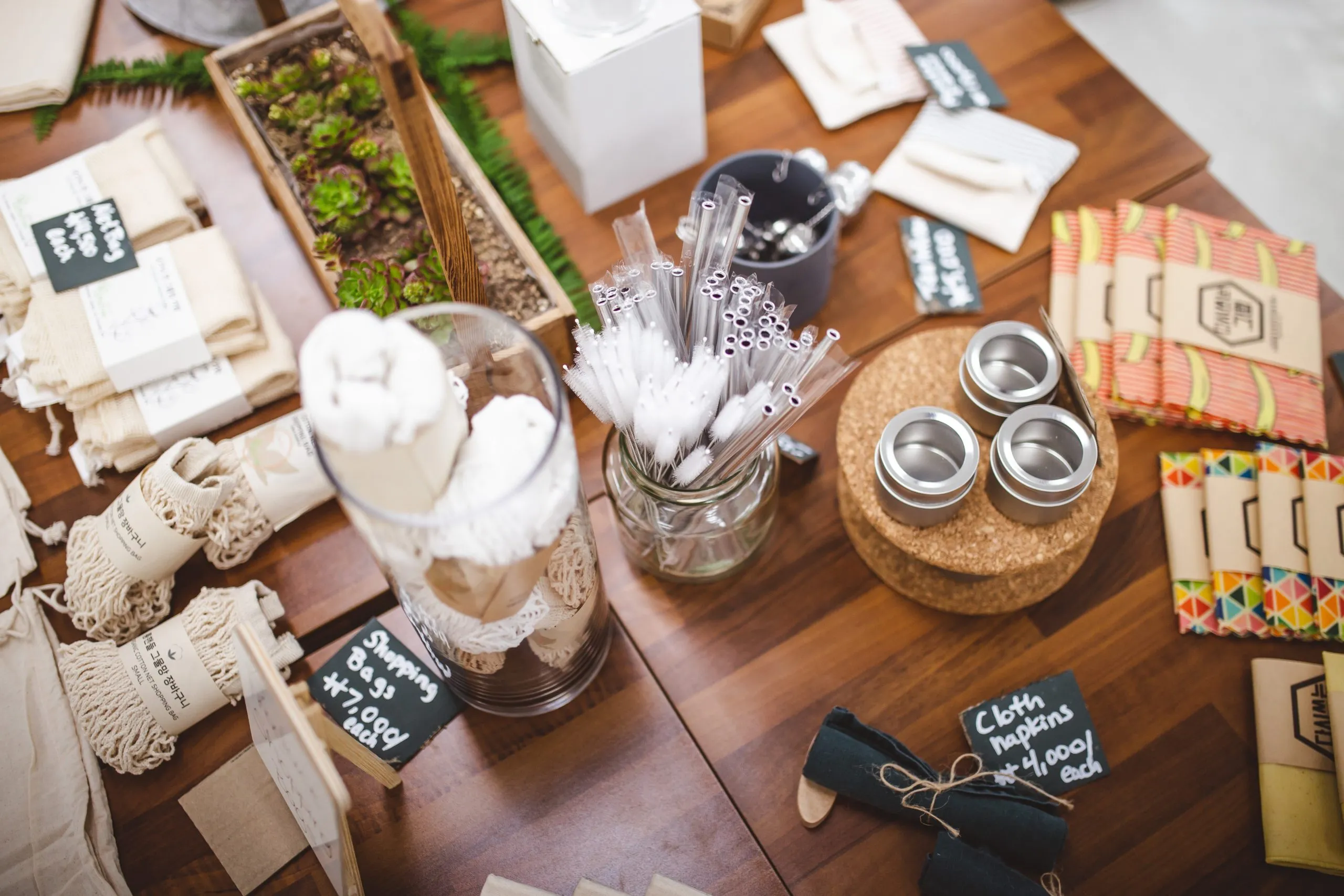
The Zero Waste Lifestyle: A beginner’s guide

Growing environmental and health concerns have promoted sustainability and zero-waste from just buzzwords to lifestyle imperatives. Adopting a zero-waste lifestyle needs a clear understanding of sustainable behaviours and how to include them in daily practices. The following article discusses the zero-waste lifestyle and how can beginners start their zero-waste journey.
What is Zero Waste?
The Zero Waste International Alliance defines it as-
“The conservation of all resources by means of responsible production, consumption, reuse, and recovery of products, packaging, and materials without burning and with no discharges to land, water, or air that threaten the environment or human health” (Zero Waste International Alliance, 2018).
In simple terms, zero waste is producing and using responsibly and sending nothing to landfills. Sounds Impossible? Well, it’s not as difficult as it sounds. However, one needs to understand that zero-waste differs from end-of-cycle waste management. Zero wastage starts right from the beginning of the product lifecycle and percolates in each step of its journey until it is recycled and rebirthed into new products. A concept, defined as ‘cradle to cradle’ rather than ‘cradle to grave’ (McDonough and Braungart, 2004).
What is Circular Economy?
Another similar concept, Circular Economy or Circularity, aims at creating an economic system that eliminates waste and encourages the continual use of resources (Ellen Macarthur Foundation, 2017).
Based on the pillars of Reuse, Share, Repair, Refurbish, Remanufacture and Recycle, the circular economy creates a closed-loop system to minimize the use of resources and creation of waste, pollution, and carbon emission (Geissdoerfer et al., 2017).

Image: Linear versus Circular Economy By Catherine Weetman – Own work, CC BY-SA 4.0
While zero-waste aims at keeping waste out of the ecological system, a circular economy aims at regenerating the environment. In a way, circular economy is the means of achieving the end goal of zero-waste. The Sustainable Fashion industry is trying hard to shift production towards zero waste and follow a circular economy model
I am new to this… where do I start?
Although achieving a zero-waste lifestyle and creating a circular economy can seem to be a Herculean task, one can adopt the 5R model of Bea Johnson to start with (Johnson, 2016).

Refuse
Refusing free stuff such as gift pens at conferences, printed coupons, fliers or even single-use cups and straws can be a small step towards achieving zero waste. Refusing to send unnecessary, unactionable emails (e.g. Thank you email) and unsubscribing to junk emails. A Statista report suggests “each UK adult sending one less ‘thank you’ email a day would save 16,433 tons of Carbon a year equivalent to a staggering 81,152 flights from London Heathrow to Madrid”(Amstrong, 2019).
Reduce
Practice conscious consumerism. Buy less and only what you need. By sticking to a shopping list one can easily avoid unnecessary impulse buying. Regular decluttering and donation to thrift stores can help reduce your burden and can prove to be a precious resource for others to buy.
Reuse
Avoiding single-use items such as plastic water bottles, straws, disposable cups are important ways of achieving zero waste. ‘BYO’ (Bring your own…), a new age jargon fits perfectly when it comes to adopting sustainable measures towards zero-wastage. To implement, bring your own:
- Reusable bags for grocery shopping
- Mugs for coffee or bottles for water.
- Jars for refilling groceries to stores that provide such service.
- Refilling bottles for bathroom supplies such as shampoo, conditioner, detergent, etc.
Recycle
Post following the above-mentioned steps, if one is still left with waste, it should be made sure that it is recycled appropriately. Adhering to the City council’s guidelines towards recycling can tremendously reduce the amount of waste in landfills.
Rot
The last step in the funnel calls for composting the remaining waste (See home composting). If you are living in a small flat without a private garden, composting can be a little difficult. However, many municipalities have green bins or composting programs that one can be a part of instead of throwing precious plant nutrients in bins.
Don’t get caught in Eco-guilt…. Sometimes It’s OK.
For a beginner, learning about environmental concerns and embracing all these steps at once may seem overwhelming. However, one needs to be careful about getting caught up by the ‘Eco-guilt’. Mallett (2012) defines Eco-guilt as “guilt that arises when people think about times they have not met personal or societal standards for environmental behavior”. Even after strict adherence to such methods, plastics still find their place in our lifestyles be it in electronic gadgets, kitchen equipment, or other home appliances. It is not possible to bring such drastic changes overnight, it’s about taking small steps and making better choices.
References:
- Amstrong, M. (2019). Infographic: The Carbon Footprint of “Thank you” Emails. [online] Statista Infographics. Available at: https://www.statista.com/chart/20189/the-carbon-footprint-of-thank-you-emails/.
- Ellen Macarthur Foundation (2017). The Circular Economy In Detail. [online] Ellenmacarthurfoundation.org. Available at: https://www.ellenmacarthurfoundation.org/explore/the-circular-economy-in-detail.
- Geissdoerfer, M., Savaget, P., Bocken, N.M.P. and Hultink, E.J. (2017). The Circular Economy – A new sustainability paradigm? www.repository.cam.ac.uk. [online] Available at: https://www.repository.cam.ac.uk/handle/1810/261957.
- Johnson, B. (2016). Zero waste home: the ultimate guide to simplifying your life. London: Penguin Books.
- Mallett, Robyn. (2012). Eco-Guilt Motivates Eco-Friendly Behavior. Ecopsychology. 4. 223-231. 10.1089/eco.2012.0031.
- McDonough, W. and Braungart, M. (2004). The Cradle-to-Cradle Alternative (2004). [online] William McDonough. Available at: https://mcdonough.com/writings/cradle-cradle-alternative [Accessed 13 Jun. 2021].
- Zero Waste International Alliance (2018). Zero Waste Definition – Zero Waste International Alliance. [online] Available at: https://zwia.org/zero-waste-definition/.










